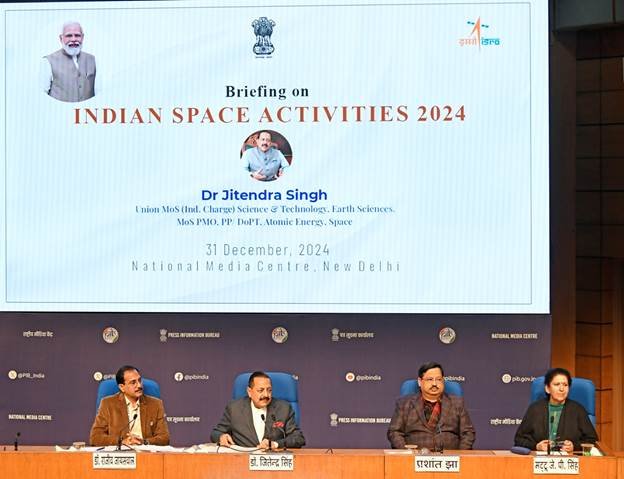Indian-Australian professionals will benefit from MRA
Around 96.1% of India’s exports to Australia is duty-free in the first year of the India-Australia Economic Cooperation and Trade Agreement (Ind-Aus ECTA), according to FIEO President Dr A Sakthivel. The ECTA, covering 260 tariff lines, came into effect from 29 Dec 2022.
The exports items include beverages, spirits and vinegar (Chapter 22), Tobacco products (Chapter 24), Mineral fuels (Chapter 27), Organic chemicals (Chapter 29) and Soap, organic surface-active agents etc (Chapter 34), Miscellaneous chemical products (Chapter 38), Iron and steel (Chapter 72), Article of Iron & Steel (Chapter 73), Aluminum products (Chapter 76) and medical devices & equipments (Chapter 90).
Most Favoured Nation Tariff has been reduced by about 20% from 1 Jan 2023 for these products.
Pharmaceutical sector is getting expeditious approval as many of such drugs already have approval in the US, UK, EU, Canada and Japan. The sector’s share will increase to over US$13 billion.
The commitment to pursue Mutual Recognition Agreement (MRA) in next 12 months will greatly benefit the professionals from both countries, he said.
Australia has provided additional market access and mobility facility for Indian professionals including chefs and yoga teachers.
“Services has got the best ever treatment in any agreement as Australia has made commitments in around 135 sub-sectors with MFN in around 120 sectors. Post study work visas ranging from 18 months to 4 years will benefit over 1 lakh Indian students,” the FIEO Chief said.
He sees India’s goods exports to Australia reaching US$15 billion by 2025 under ECTA, up from US$6.9 billion in 2021 while services should move to US$10 billion by 2025 from US$3.9 billion (provisional) in 2021.
Dr Sakthivel exuded confidence that the bilateral trade between the two countries will cross US$50 billion mark much before the target set for it.
The ECTA will benefit India’s labour-intensive sectors such as gems and jewellery, textiles, leather, footwear, furniture, food and agricultural products, engineering products, medical devices, automobiles and specified pharma products.
On the other hand, India has provided preferential access to Australia on over 70% of its tariff lines, covering 90% of the value of Australia’s exports to India, which are primarily raw materials like coal, copper, nickel, aluminium, manganese, wool, hides & skin. This will impart competitiveness to the country’s manufacturing and exports, added Dr Sakthivel in comments on the ECTA on 29 Dec 2022. fiinews.com









